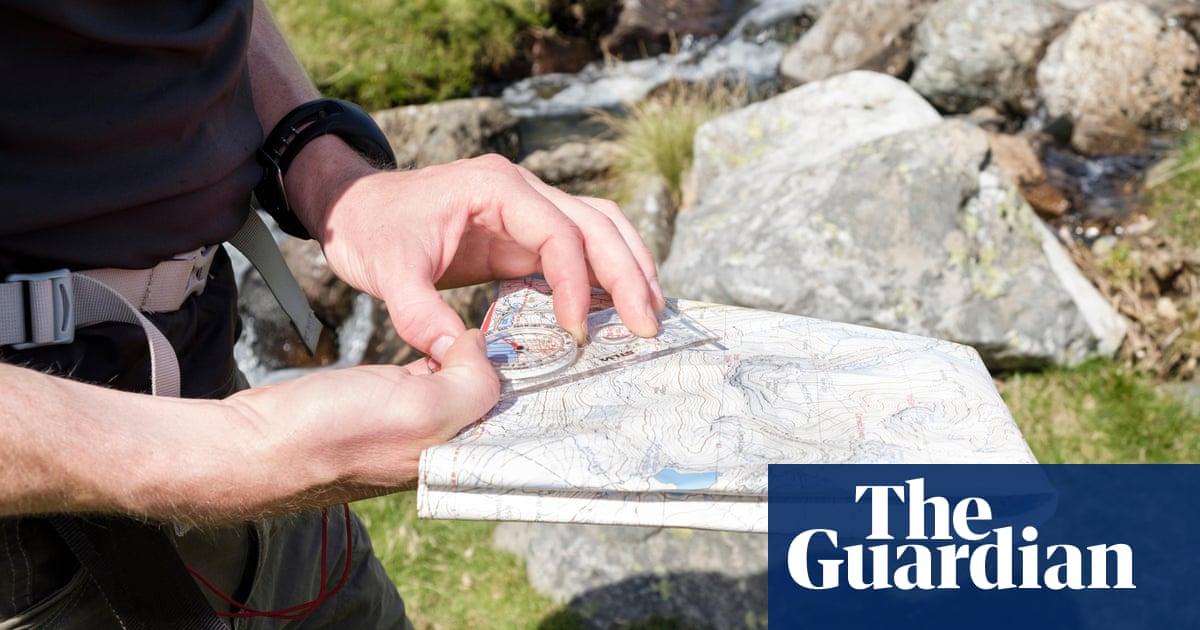The article presents a collection of brief letters from various individuals sharing their opinions on different topics. The letters reflect personal experiences and insights, ranging from the utility of mobile phones in emergencies to the social dynamics of using self-checkouts.
Perception of Technology and Safety
One prominent theme in the first letter is the balance between traditional navigation methods and modern technology. The writer acknowledges the limitations of mobile phones, particularly their small screens that make it difficult to assess the broader terrain. However, they also recognize the life-saving potential of phones in emergencies. This demonstrates a nuanced view that appreciates both the reliability of traditional maps and the practicality of modern technology. The intention here seems to be to encourage readers to think critically about their reliance on technology for navigation while also recognizing its benefits.
Social Commentary and Lifestyle
The subsequent letters touch on lifestyle choices, such as the connection between champagne consumption and health, as well as comments on self-checkout experiences. These letters reflect a societal interest in health and social interactions in everyday life. The letter regarding champagne consumption suggests a correlation between wealth and positive life outcomes, which might be aiming to provoke thoughts on socioeconomic factors affecting health. This could potentially highlight disparities within society and encourage discussions around privilege and health.
Community Engagement
The various responses indicate a desire for community engagement and connection. The letter about self-checkouts emphasizes the social opportunities that arise from waiting for assistance, suggesting that even mundane experiences can foster interaction among customers. This could imply a longing for community connection in an increasingly digital world where personal interactions may be diminishing.
Manipulative Elements
While the letters reflect personal perspectives, there is no overt manipulation in the text. The opinions shared are subjective and do not seem to serve an ulterior motive beyond expressing personal experiences and thoughts. Nevertheless, the framing of certain topics, like health benefits related to wealth, could be interpreted as subtly reinforcing societal norms or biases.
Comparative Context
When compared to other articles that may discuss technology, health, or societal behaviors, this piece serves as a snapshot of various opinions rather than a cohesive narrative. It does not seem to push a particular agenda but rather invites reflection on diverse viewpoints.
Potential Societal Impact
The discussion around technology and navigation could resonate with outdoor enthusiasts and those concerned about safety in wilderness settings. If widely circulated, such discussions could influence public attitudes toward technology use in emergencies and potentially lead to increased awareness or education on navigation skills.
Target Audience
The article appears to engage readers interested in a range of topics, from technology and health to social behavior. It likely appeals to individuals who appreciate personal anecdotes and reflections on everyday issues, fostering a sense of community and shared experience.
Market Relevance
These discussions might not have a direct impact on stock markets or corporate interests. However, companies involved in outdoor gear, health products, or technology could find insights in the sentiments expressed, particularly regarding consumer preferences and safety concerns.
Global Context
While the article does not directly address global power dynamics, the themes of technology reliance and health can be related to larger discussions about access to resources and the digital divide. As technology becomes more integral to safety and health, disparities in access could become more pronounced.
Use of AI in Writing
There is no clear indication that artificial intelligence was used in crafting this article. The structure and style reflect a human touch, with varied perspectives and a conversational tone. If AI were involved, it might have influenced the organization of thoughts or the choice of language, but this remains speculative.
In conclusion, the article provides a multifaceted view of contemporary issues through personal letters, prompting reflection on technology, health, and community dynamics. The lack of overt manipulation suggests a genuine dialogue among readers, making it a reliable source of diverse opinions.
